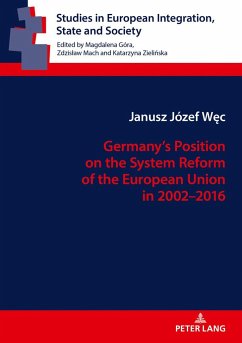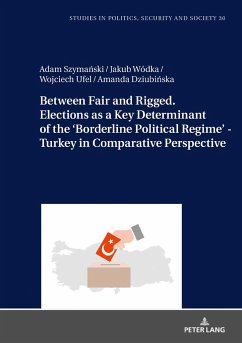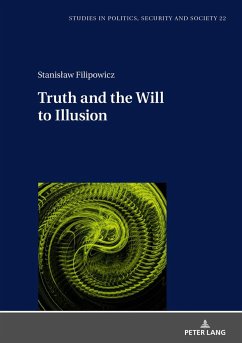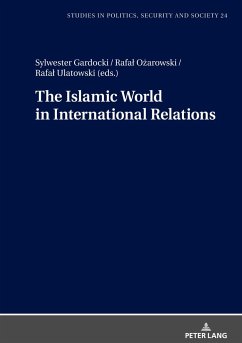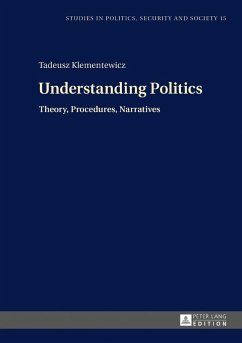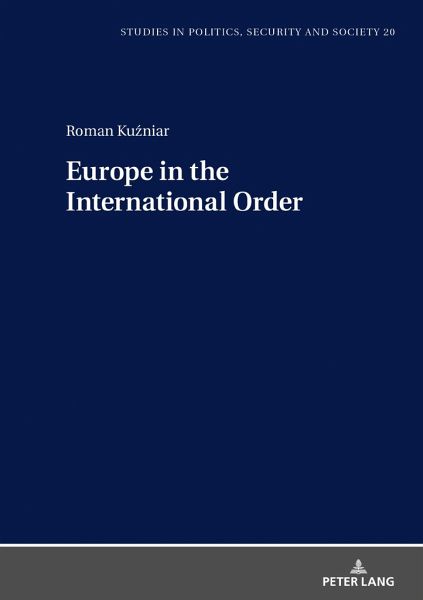
Europe in the International Order
Versandkostenfrei!
Versandfertig in 6-10 Tagen
63,45 €
inkl. MwSt.

PAYBACK Punkte
0 °P sammeln!
The subject of this work is the rise and fall of Europe's aim to rebuild its position in global politics after the Cold War. With success in the unification of Europe and the subsequent deepening and enlargement of its integration, the Union set itself the ambitious task of becoming a global power, even a superpower. However, starting with the first decade of the XXI century, we have witnessed a rapid erosion of the international position of Europe (the EU). The author carefully analyses the causes of the EU's failure in pursuing the role of European representative, Europe thereby pretending t...
The subject of this work is the rise and fall of Europe's aim to rebuild its position in global politics after the Cold War. With success in the unification of Europe and the subsequent deepening and enlargement of its integration, the Union set itself the ambitious task of becoming a global power, even a superpower.
However, starting with the first decade of the XXI century, we have witnessed a rapid erosion of the international position of Europe (the EU). The author carefully analyses the causes of the EU's failure in pursuing the role of European representative, Europe thereby pretending to the role of one of three world powers. Besides cultural and demographic trends, the author identifies the main factors leading to this failure: the divergent interests of individual European powers, their incapacity to act in a geopolitical context and the rapid erosion of Europe's civilizational identity.
The rapid decline of Europe's international position threatens the appearance of a new and bipolar global arrangement together with the further marginalisation of Europe.
However, starting with the first decade of the XXI century, we have witnessed a rapid erosion of the international position of Europe (the EU). The author carefully analyses the causes of the EU's failure in pursuing the role of European representative, Europe thereby pretending to the role of one of three world powers. Besides cultural and demographic trends, the author identifies the main factors leading to this failure: the divergent interests of individual European powers, their incapacity to act in a geopolitical context and the rapid erosion of Europe's civilizational identity.
The rapid decline of Europe's international position threatens the appearance of a new and bipolar global arrangement together with the further marginalisation of Europe.







